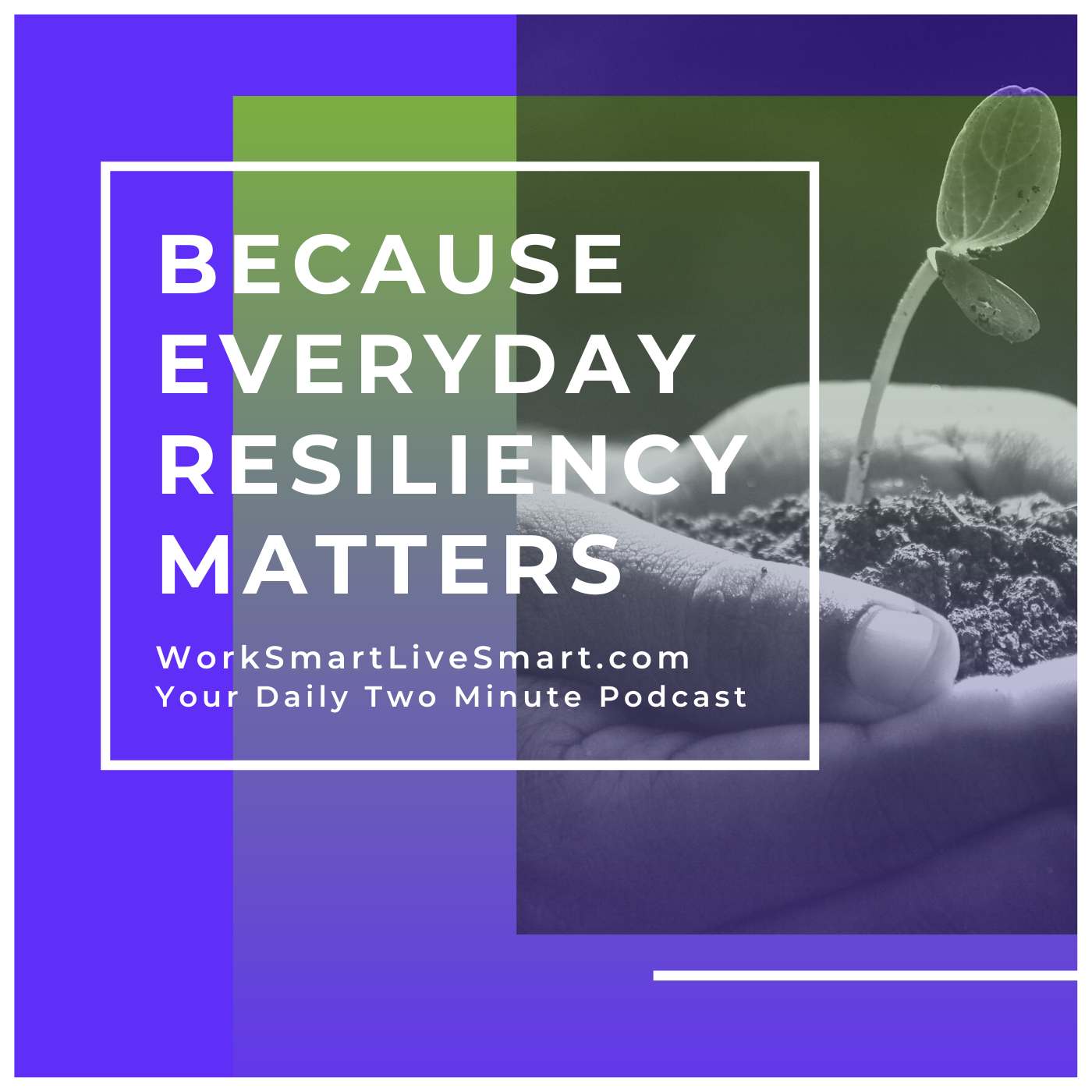
TIP 2164 – Take A Restorative Nap

Work Smart Live Smart with Beverly Beuermann-King
Shownotes Transcript
Listen to today's podcast...
While secretly hiding to catch a nap on the job is irresponsible and dangerous, banning napping altogether may not be the best idea either.
Are you able to nap at work?
Are you a good napper?
Would a napping policy be beneficial?
For some of us, napping is essential. A short nap of 20-30 minutes can help to improve mood, alertness and performance. It can be extremely effective at eliminating fatigue-related accidents and injuries and reducing workers compensation costs. Smart leaders and companies are taking note. They know that plenty of sleep is not for the weak, frail or unsuccessful.
Good Nappers are in good company: Winston Churchill, John F. Kennedy, Ronald Reagan, Albert Einstein, Thomas Edison and George W. Bush are known to have valued an afternoon nap.
Naps can be typed into three different categories:
Planned naps
Emergency naps
Habitual naps
Naps can restore alertness, enhance performance, and reduce mistakes and accidents.
Take One Action Today To Build Your #Resiliency!
Here are today’s Tips For Building Resiliency and Celebrating National Napping Month:
Take into account these three things when it comes to napping.
First, The right length: A short nap is usually recommended (20 minutes) for short-term alertness without leaving you feeling groggy or interfering with nighttime sleep.
The right environment that is conducive to sleep
And The right time: If you take a nap too late in the day, it might affect your nighttime sleep patterns and make it difficult to fall asleep at your regular bedtime.
A nap can provide an easy way to get some relaxation and rejuvenation
If you like today’s wellness tips, let me know. You can leave me a review on amazon or through your #alexa app.
Want to check out more health and wellness related celebrations? Visit my wellness calendars under the resources and courses tab at worksmartlivesmart.com
#mentalhealth #hr